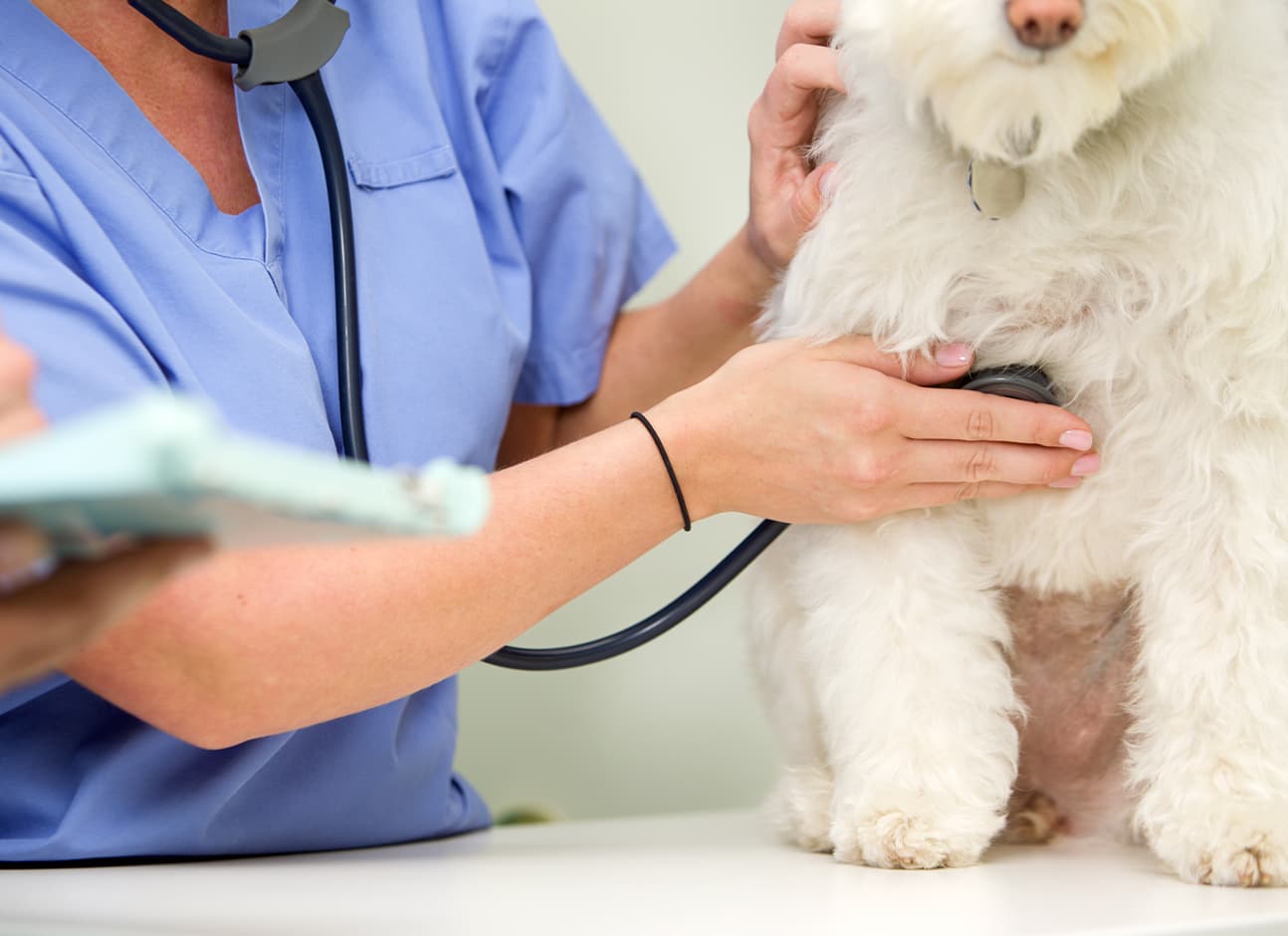As human beings, having a cardiac condition can be very worrying. It is more so when our pet family members also develop heart problems, mostly because they cannot tell us when something is wrong with them. The heart is a vital organ that is responsible for blood circulation in the body which helps sustain our growth, recovery (from other health problems), and our life on the whole.
Although cardiac arrests are common among humans, they rarely occur in animals. In cats and dogs, heart conditions can be congenital (present at birth) or acquired during their lifetime. Animals can suffer from a broad range of heart problems that vary in their degree of severity. There are six different types of heart diseases found in pets, namely myocardial disease, valvular disease, pericardial disease, heartworm disease, arrhythmias, and congenital disease. However, dogs and cats are affected differently with specific breeds being more susceptible to certain heart conditions.
In dogs, cardiac problems occur due to valve impairments and stretching of heart muscles. While large dog breeds like Dobermans, Great Danes, and Irish Wolfhounds are predisposed to dilated cardiomyopathy, smaller breeds like the Cavalier King Charles Spaniel are more prone to valvular heart disease. In cats, the cardiac muscles thicken as they grow older 一 a condition referred to as hypertrophic cardiomyopathy. This decreases the ability of the heart chambers to hold blood which in turn reduces the amount of blood supplied to the rest of the body. Research also hints at a possible link between hypertrophic cardiomyopathy and kidney or thyroid issues. Persian cats are more likely to develop hypertrophic cardiomyopathy than other cat breeds.
Some of the signs of heart disease in pets include lingering cough, fainting spells, swollen abdomen, breathing difficulties, heart murmurs, abnormal heart rate, rapid weight loss, reluctance to exercise, and loss of appetite. Additionally, dogs make their pain or discomfort apparent and may even hide from you. But cats are more likely to hide when they are in pain. If you notice your pet in any kind of distress, you must take them to the veterinarian right away.
Veterinarians typically use the stethoscope to check for any heart abnormalities initially. Accordingly, they may also call for an x-ray or ECG scan for your pet. While there is no complete cure for heart diseases, they are still treatable. Your doctor may prescribe medication to alter your pet’s heartbeat, and to treat fluid retention. Additionally, they may also recommend certain necessary changes be made to your pet’s diet and overall lifestyle. With appropriate medical guidance and intervention, you can help your pet lead a happy and fulfilling life.
From diagnosis to treatment, our cardiology services cover it all. Explore how we can support your pet’s cardiac needs.
